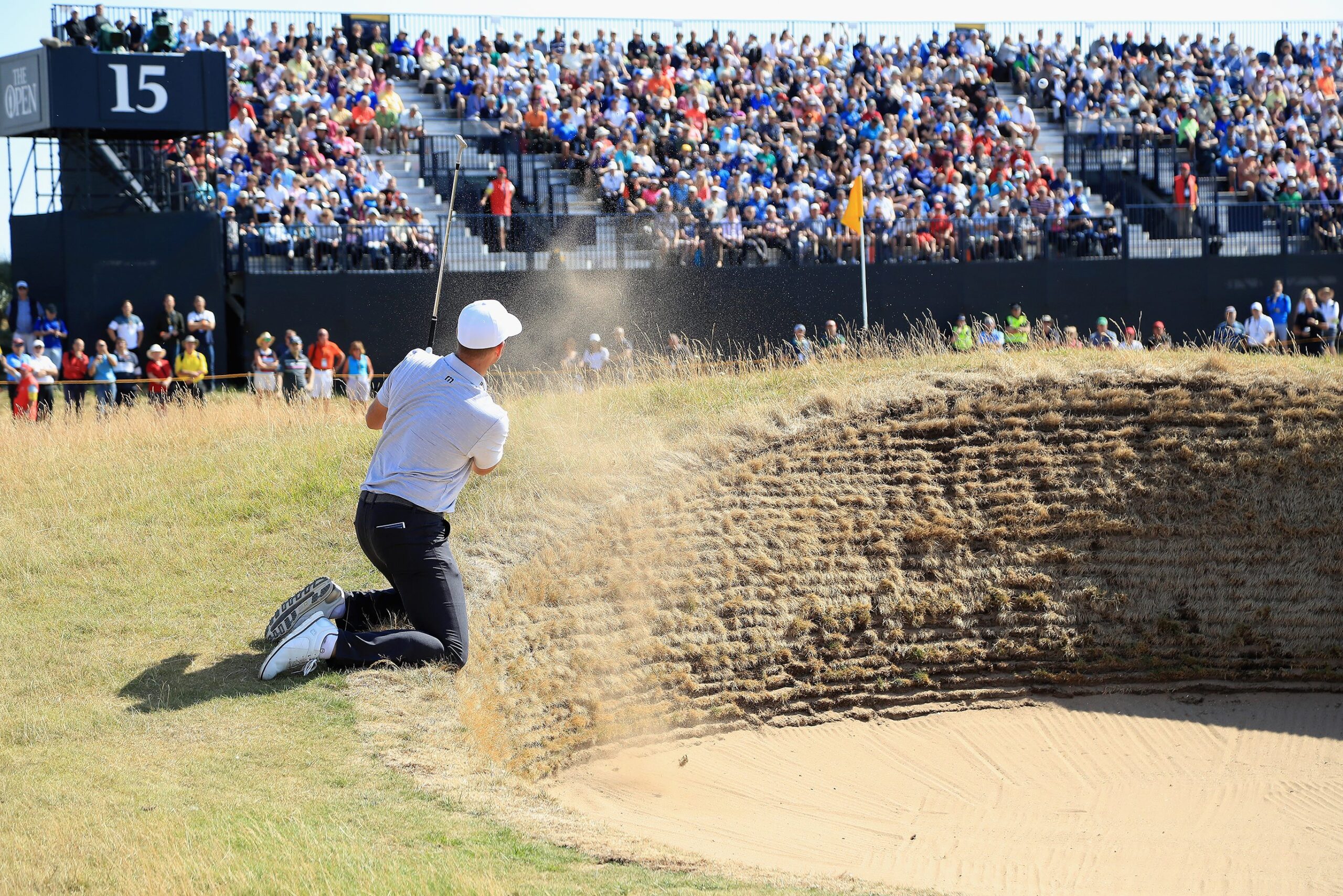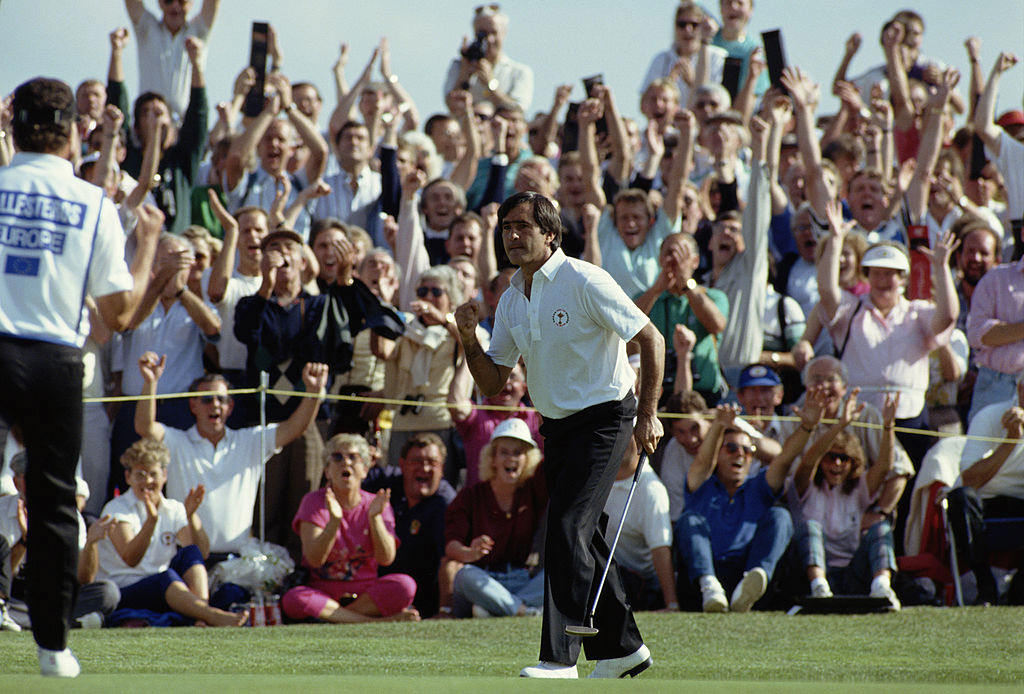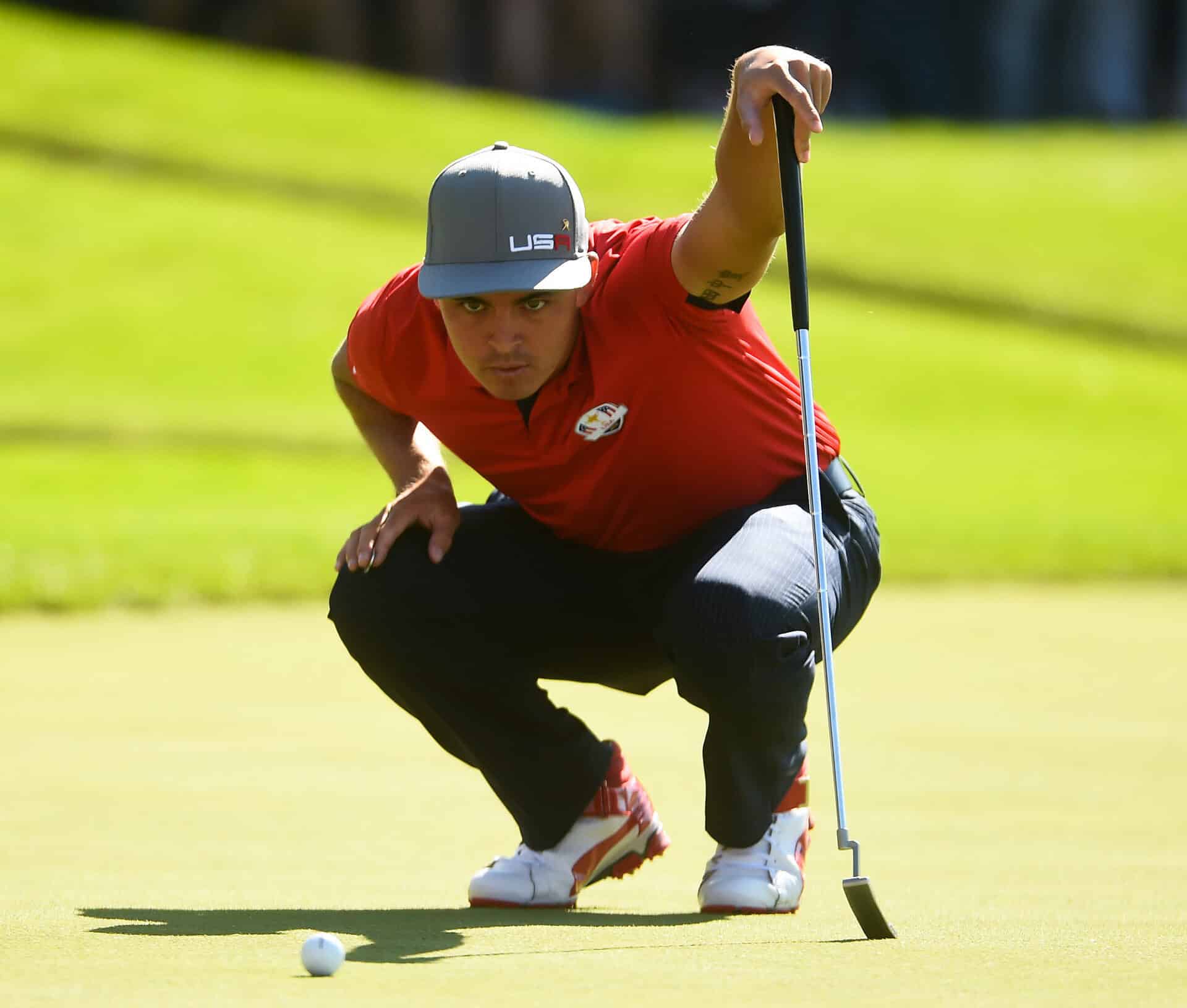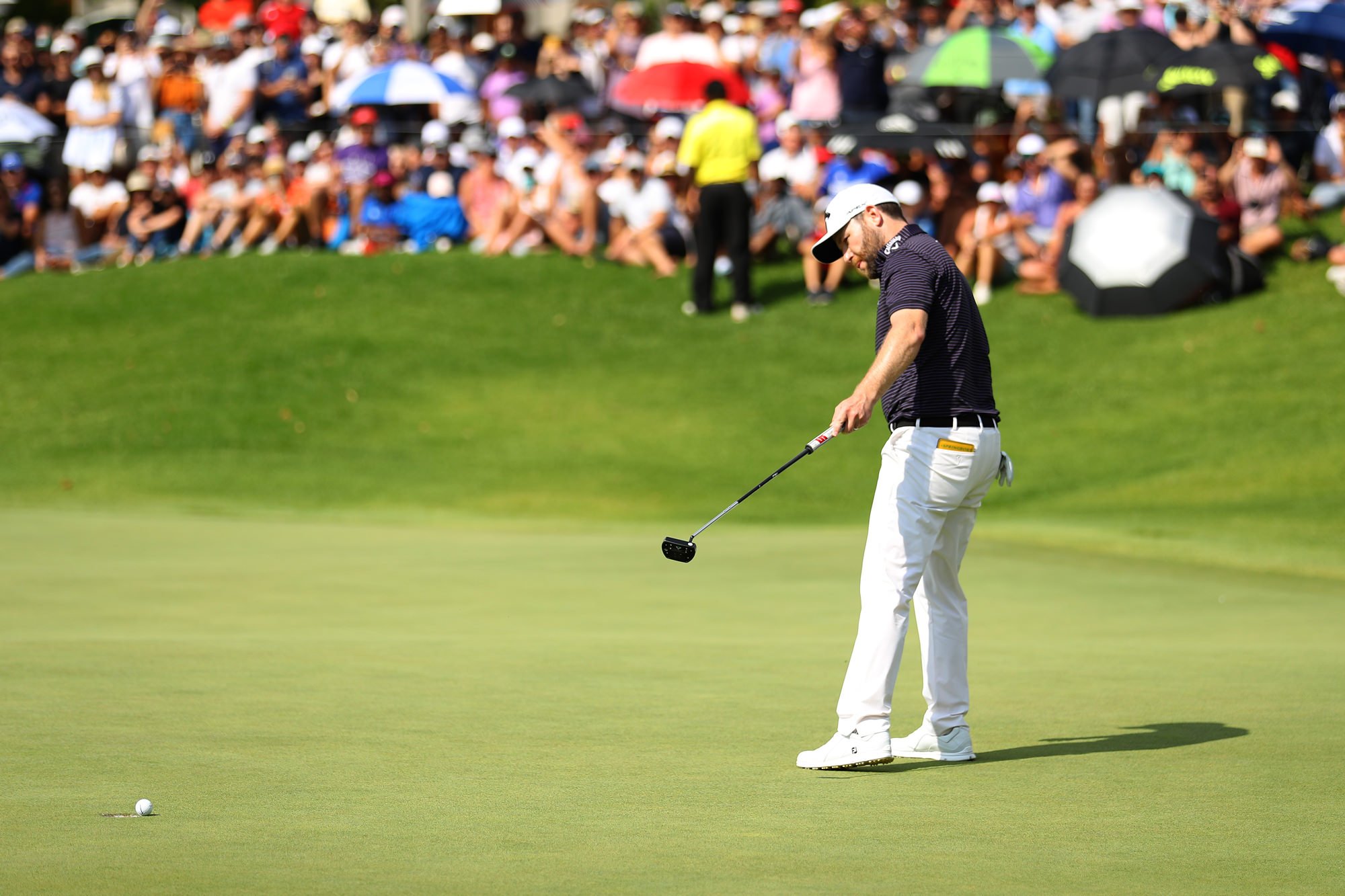
Five keys to dealing with pressure on the course
Basketball star Charles Barkley was fond of saying: “Pressure? That is what I put into my car tyres.”
We can hear statements like this as well as other experts telling us that pressure doesn’t really exist and it is just a construct of our mind but try telling that to yourself when you have a putt to win the club championship.
We all feel pressure in different ways but one thing is for sure for most people; it tends to have a detrimental effect on performance.
The number one complaint I have heard over the many years of coaching is that “I can’t take my range game to the golf course”.
Over the years I have found the following ideas some of the most useful in dealing with pressure and how you personally experience it.
Have a look at the five options and see which seems to resonate with you personally.
The ideas may not make the feeling of discomfort disappear but they will give you a way of getting the job done and you will feel you are getting a lot closer to your true potential.
1. Make a pre-round commitment
Once you get out on the course and the chaos takes over, it is very difficult to steady the ship if you don’t have a firm commitment established before you play.
One of the most important questions you can ever ask is ‘What am I committed to today?’
Write out your answer to the question. If you commit, for example, to checking in with your breath before every shot you are so much more likely to do it with the pre-round commitment.
Writing it out as opposed to just saying it or thinking it is paramount.
2. Embrace the ‘feelings’
It is a myth that great players don’t feel nervous or uncomfortable out on the course. They do!
The key is to realise that you can still play well in the presence of discomfort if you know where to direct your attention.
If we label the ‘feelings’ as energy instead of nerves then we take on a totally different perspective. We then embrace the discomfort and work with it as opposed to being scared of the feeling.
3. The power of perspective

It may seem to us that this round is the most important activity in all of mankind but frankly it isn’t!
If you play great and win then after it is over life will still be the same and by the same measure you will still be the same if you play awful.
We are far more resilient than we think. You will get over a bad day. You will recover and move on.
Paradoxically if you are prepared to accept the worst then you open the door to the possibility of the best.
4. Keep things very simple
One thing that is for absolute sure is when you are feeling the heat of the game your thinking needs to be very clear and simple.
To be out there on the course trying to influence your backswing or downswing in terms of positions is a fool’s errand.
To keep the mind in one place, be that on rhythm or balance, will be far more productive than getting lost in technical noise.
A quiet mind can deal with pressure whilst a busy one tends to collapse.
5. Stop thinking and come to your senses – to steal the wonderful phrase from Fritz Perls
Most of the pressure we feel is a result of the mind trying to predict a future we have absolutely no control over.
The mind is always busy trying to hold on to what it thinks should happen. An imaginary future that is not here yet.
When you tune in to your senses you are able to calm things down and get back to the here and now.
What senses can you tune into? What about the feeling of your feet as you walk down the fairway. The sounds of nature you can tune in to.
The list is endless but as you tune into what you can feel, see or hear you ground yourself in the only moment that really matters now.
In many ways the ideas above are ridiculously simple, they are what I call the ‘elusive obvious’. They are so obvious we don’t do them!
Giving the ideas a try out with the clients I have worked with over the years, they have made a significant difference to their experience of the game.

Why the course isn’t your main opponent when playing golf

Like Seve, you have a unique putting DNA – here’s how to uncover it










